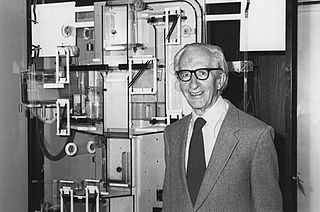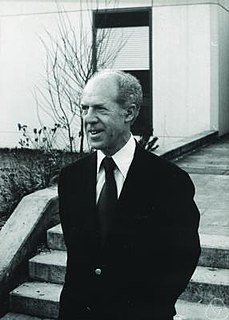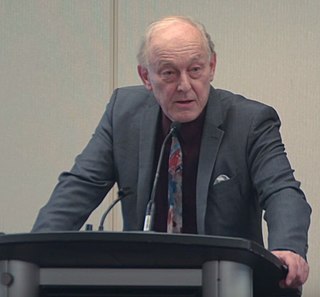A Quote by James Meade
My job was to teach the whole corpus of economic theory, but there were two subjects in which I was especially interested, namely, the economics of mass unemployment and international economics.
Related Quotes
I started in the law; and the study of law, when it precedes the study of economics, gives you a set of foundation principles about how human beings interact. Economics is very useful, and I studied economics in graduate school. But without understanding the social and organizational context of economics, it becomes a theory without any groundwork.
We should know that only replacing the economics of competition and greed with the economics of equitable cooperation will guarantee a globalization that takes advantage of potential efficiency gains in ways that also promote environmental protection, international equity, economic democracy, and variety.
When people are running up more and more debt for housing, they call that "real wealth." It exposes what's wrong in the mainstream economics and why most of the economics that justifies austerity programs and economic shrinkage is in the textbooks is not scientific. Junk economics denies the role of debt and denies the fact that the economic system we have now is dysfunctional.
Modern economics is sick. Economics has increasingly become an intellectual game played for its own sake and not for its practical consequences for understanding the economic world. Economists have converted the subject into a sort of social mathematics in which analytical rigour is everything and practical relevance is nothing.
































